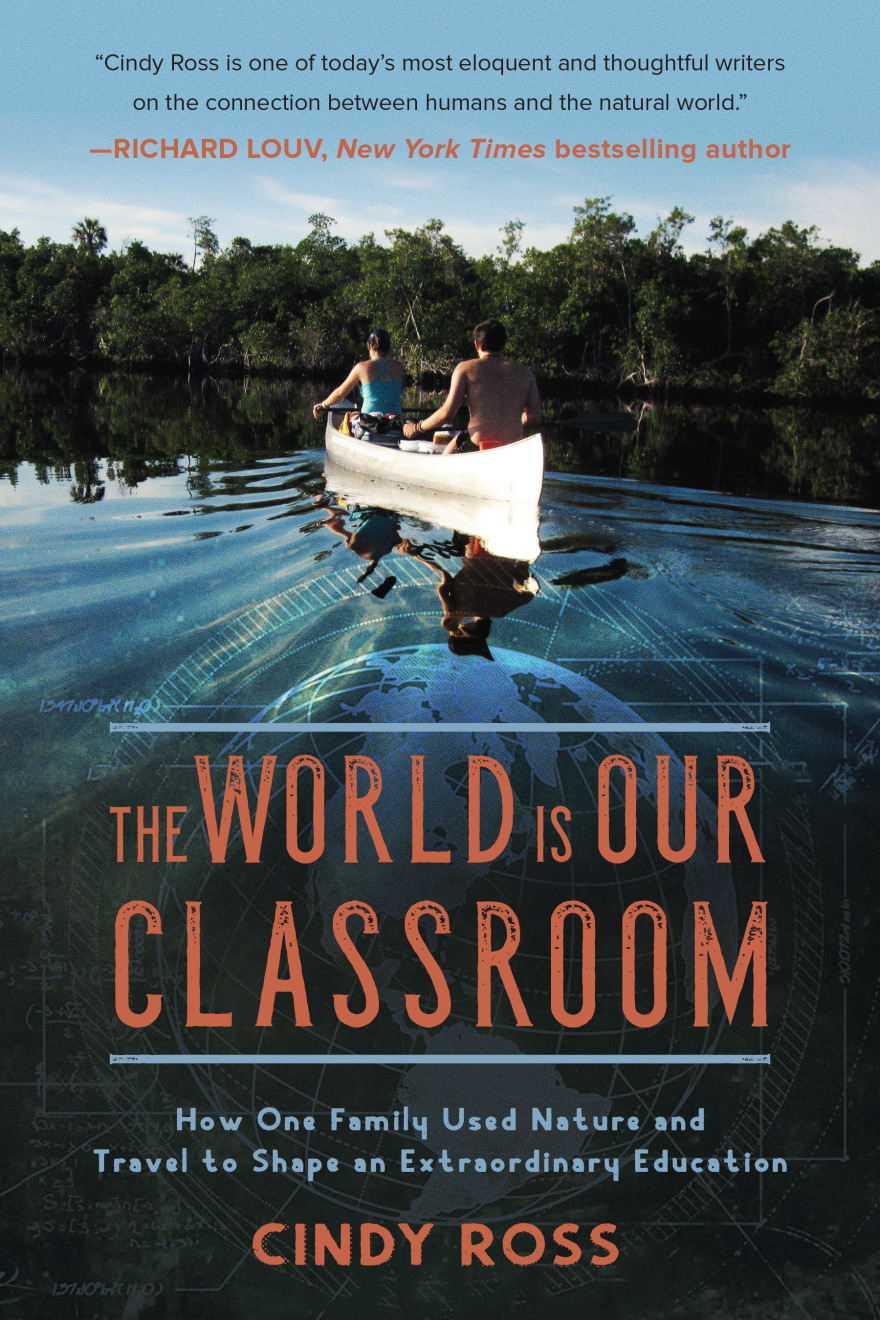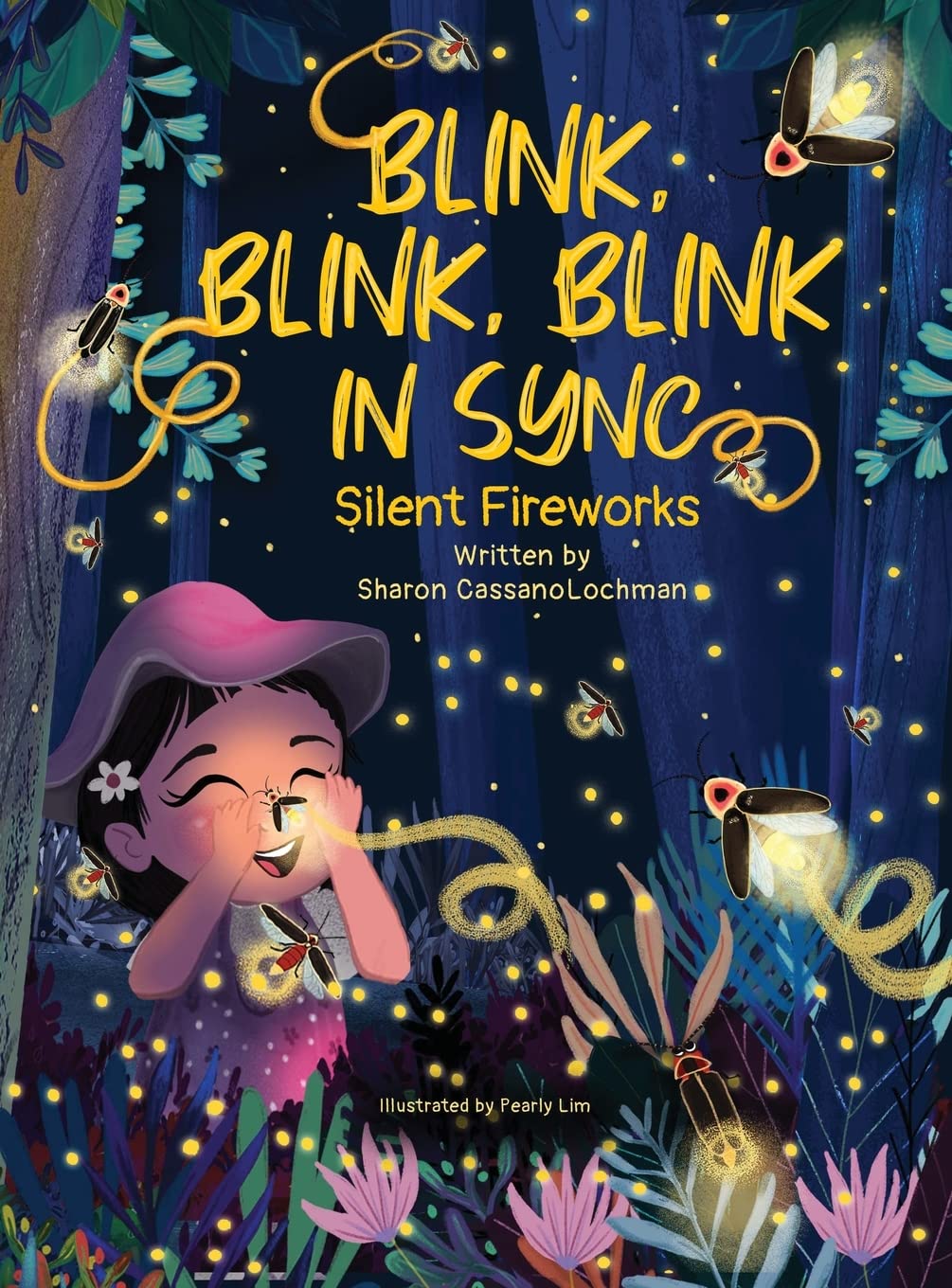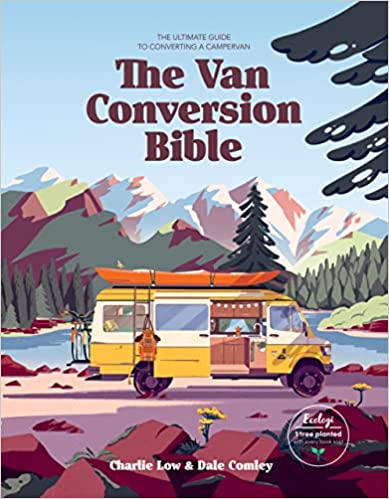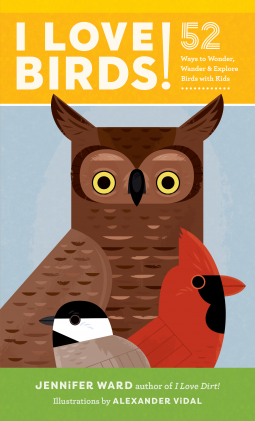
The World Is Our Classroom
Part memoir, part guide for parents to insert more hands-on nature activities into their children’s lives, The World Is Our Classroom, How One Family Used Nature and Travel to Shape an Extraordinary Education, by Cindy Ross, is an entertaining and eye-opening look at how much children can learn through experience, given the right environment and circumstances. Ross’s narrative is interspersed with journal entries from her daughter Sierra and son Bryce. Each chapter concludes with a “Nuts and Bolts” section, a “How-to” that can help parents teach similar lessons in a way that is right for them.
Avid backpackers, Cindy Ross and her husband Todd had hiked thousands of miles before having children. Refusing to accept that it would be impossible to continue their lifestyle, they learned how to travel and spend extended time outdoors as a family, making things up as they went along. Beginning with a 60-mile backpacking trip with a four-month old, with much trial and error, they graduated to a plan to complete the 3,100 mile Continental Divide Trail (500 miles at a time) as a llama trek with two small children. Ross was happy to observe that their children not only enjoyed the trips, but also expanded their imaginations and learned things they could not in a classroom.
Ross writes about how her children learned through experience. They learned about history, traveling the same paths as early explorers. Lessons were sometimes reinforced through living history, such as during the three days they spent traveling 25 miles of the Oregon Trail via a covered wagon, reminiscent of scenes from Little House on the Prairie. Ross welcomed this use of historical fiction, calling it “an entry point into real research and study” that makes “characters and their life and times accessible.”
The family also took international trips, sometimes including hiking and camping. Ross points out how cross-cultural travel fosters greater tolerance and acceptance and promotes a global mindset. While travel encourages curiosity, it also stimulates questions and encourages people to dig deeper. Travel to developing countries vividly portrays the differences between needs and wants she says. Learning about other cultures also removes some apprehension and serves as an example to the world of what it means to be an American.
She notes that this life helped her children see the cause and effect of history. They were able to see what happened in the past and how it impacted the now. Learning about history, she says allows them to look ahead to the future.
Ross was fortunate to have understanding and supportive administrators at her public school. Eventually, they left school altogether and learned on the road, with no notable disadvantage. In fact, some of the experiences her children had were akin to an internship, for example working with environmental scientists performing a field necropsy on an elk.
While this lifestyle won’t work for everyone, all parents can add outdoor time into their family’s lives and embrace travel as a learning experience. While Ross and her family are avid outdoor enthusiasts, even those who are not can adopt a similarly flexible approach. It’s not necessary to have backpacking experience to be resourceful. The fact that they often traveled with their gear gave them an advantage when the unexpected happened, but any of us can adapt when life doesn’t go as planned.
For those who want to taste this life but are unsure how to start, Ross offers this advice: Identify a sport your family enjoys and build slowly. Start with a day, then an overnight, a weekend, a week. Seek advice. Go out of your comfort zone. “Challenge yourself, but not put yourself in danger; stop before you physically and emotionally fall apart.” The world has much to teach, if we will be open to the possibilities.
#TheWorldIsOurClassroom #NetGalley
Note: An online copy of this book was provided by NetGalley.



